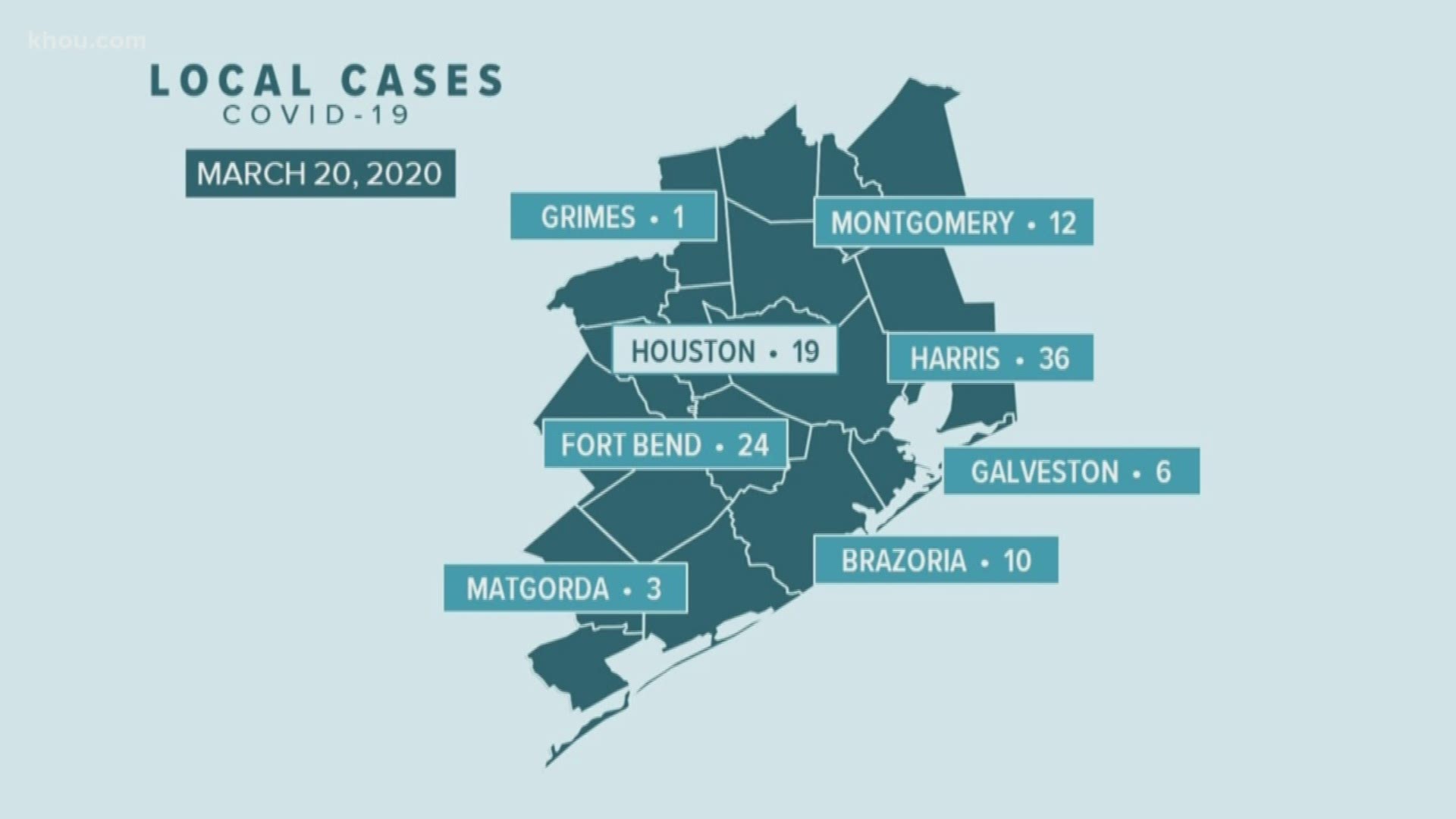AUSTIN, Texas — Gov. Greg Abbott has waived several regulations to help meet Texas’ growing need for nurses as the state responds to the COVID-19 virus. The governor’s actions will expand Texas’ active nursing workforce by doing the following:
- Allowing temporary permit extensions to practice for graduate nurses and graduate vocational nurses who have yet to take the licensing exam.
- Allowing students in their final year of nursing school to meet their clinical objectives by exceeding the 50 percent limit on simulated experiences.
- Allowing nurses with inactive licenses or retired nurses to reactivate their licenses.
"In the coming weeks and months, Texas will continue to see a growing need for medical professionals to help us respond to these unique and challenging times," said Governor Abbott. "With these actions, Texas is taking an important step to meet that need. Nurses are essential to our ability to test for this virus, provide care for COVID-19 patients, and to continue providing other essential health care services. Suspending these regulations will allow us to bring additional skilled nurses into the workforce to assist with our efforts and enhance our COVID-19 response."
Coronavirus symptoms
The symptoms of coronavirus can be similar to the flu or a bad cold. Symptoms include a fever, cough and shortness of breath, according to the Centers for Disease Control.
Most healthy people will have mild symptoms. A study of more than 72,000 patients by the Centers for Disease Control in China showed 80 percent of the cases there were mild.
But infections can cause pneumonia, severe acute respiratory syndrome, kidney failure and even death, according to the World Health Organization. Older people with underlying health conditions are most at risk.
The CDC believes symptoms may appear anywhere from two to 14 days after being exposed.
Human coronaviruses are usually spread through...
- The air by coughing or sneezing
- Close personal contact, such as touching or shaking hands
- Touching an object or surface with the virus on it, then touching your mouth, nose or eyes before washing your hands.
Help stop the spread of coronavirus
- Stay home when you are sick.
- Eat and sleep separately from your family members
- Use different utensils and dishes
- Cover your cough or sneeze with your arm, not your hand.
- If you use a tissue, throw it in the trash.
Lower your risk
- Wash your hands often with soap and water for at least 20 seconds. If soap and water are not available, use an alcohol-based hand sanitizer.
- Avoid touching your eyes, nose, and mouth with unwashed hands.
- Avoid close contact with people who are sick.
- Clean and disinfect frequently touched objects and surfaces.
- If you are 60 or over and have an underlying health condition such as cardiovascular disease, diabetes or respiratory illnesses like asthma or COPD, the World Health Organization advises you to try to avoid crowds or places where you might interact with people who are sick.
Get complete coverage of the coronavirus by texting 'FACTS' to 713-526-1111.

